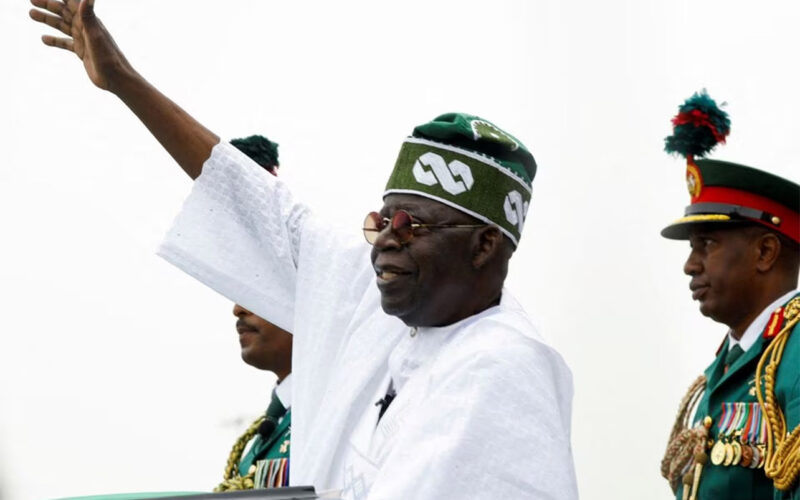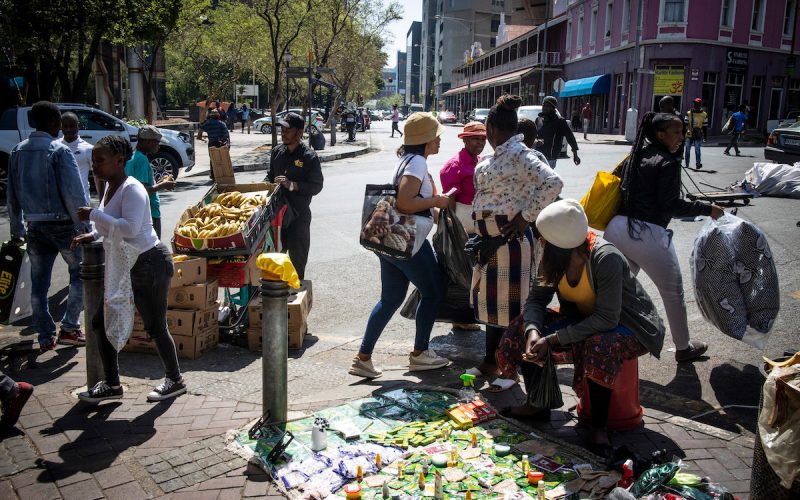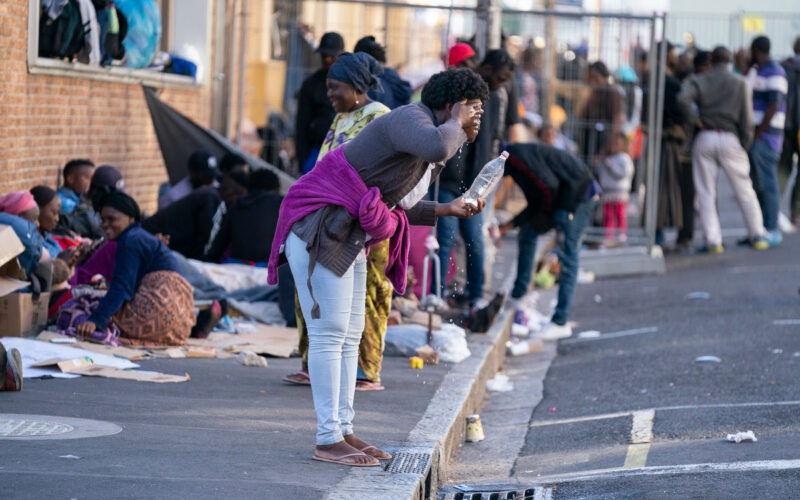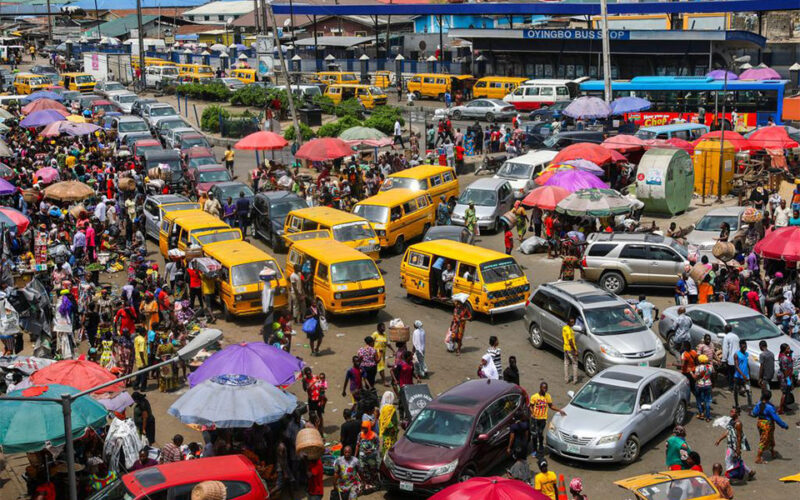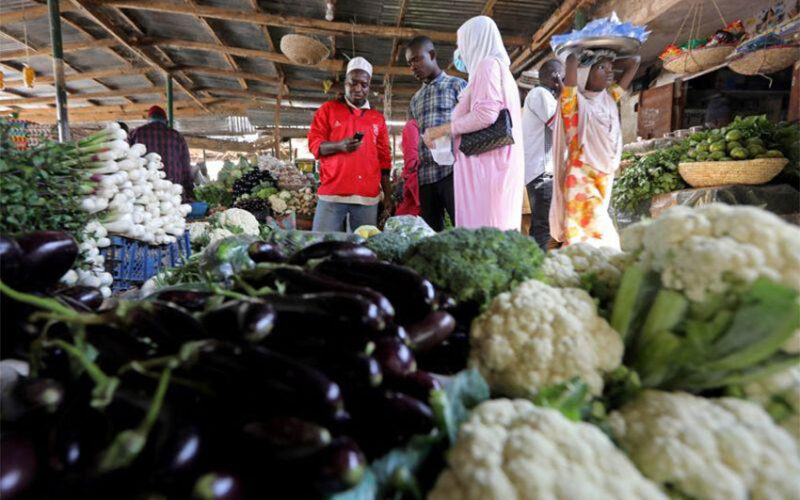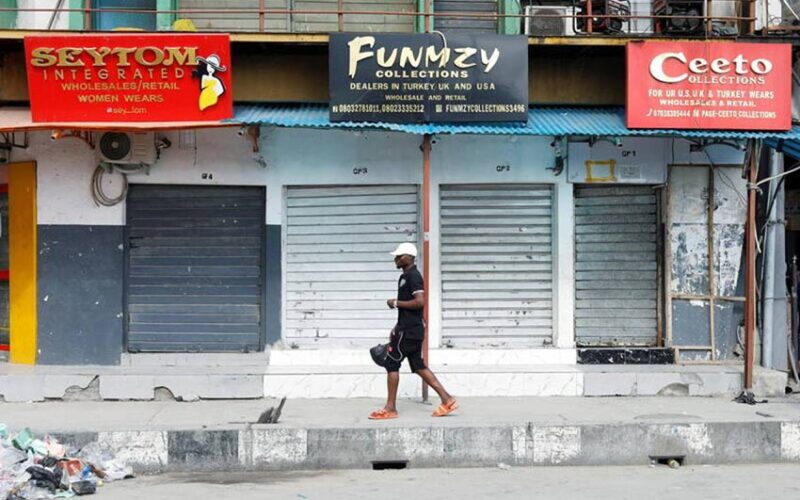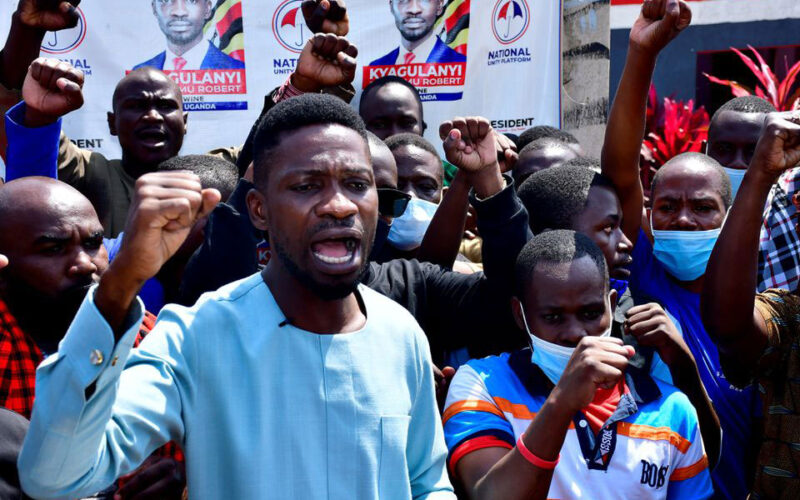
Uganda’s battle for the youth vote – how Museveni keeps Bobi Wine’s reach in check
UGANDA is one of the youngest countries in the world, with an average age of 15.9 years. Young people aged below 30 make up about 77% of the country’s population of 47 million people. Young people have legitimate and wide-ranging grievances, from unemployment to disenfranchisement. Opportunities remain limited, with two-thirds of Ugandans working for themselves or doing family-based agricultural work. REBECCA TAPSCOTT, Lecturer, University of York ANNA MACDONALD, Associate Professor, Global Development, University of East Anglia Yet, young people in Uganda haven’t coalesced as an electoral bloc. This is despite the emergence of a presidential candidate who champions youth issues.…

